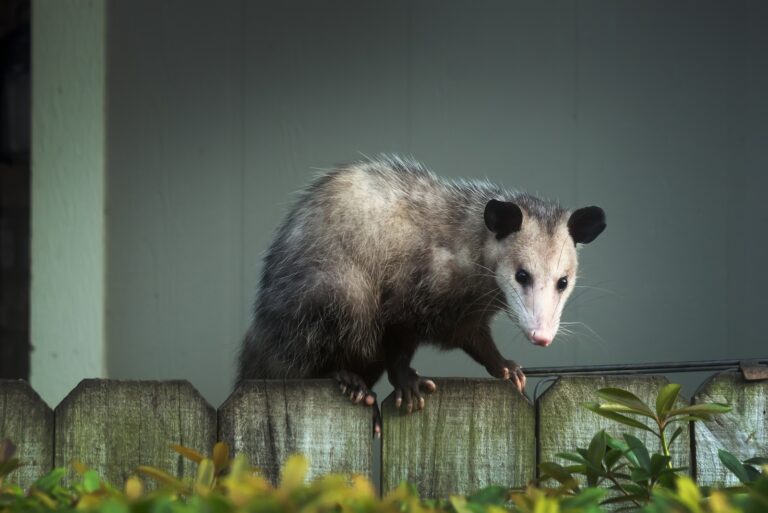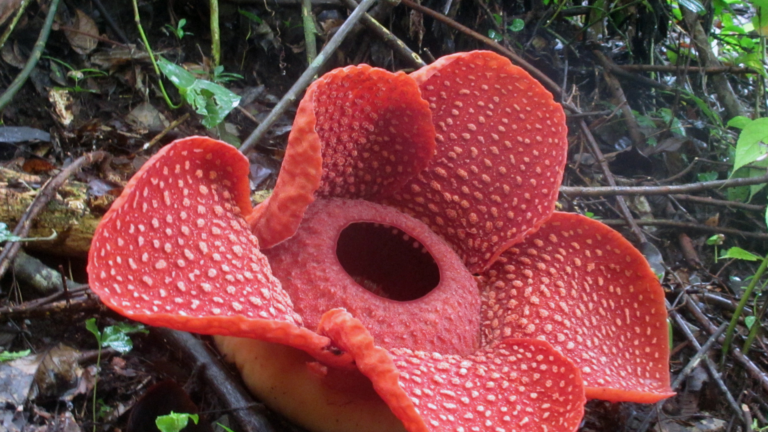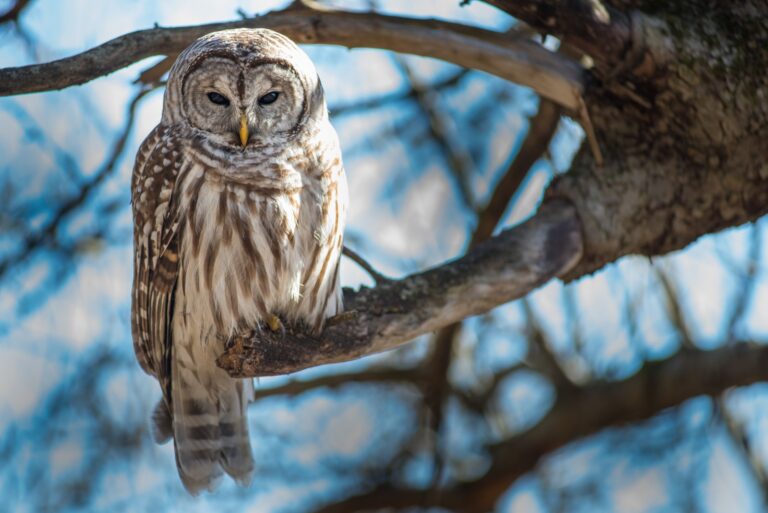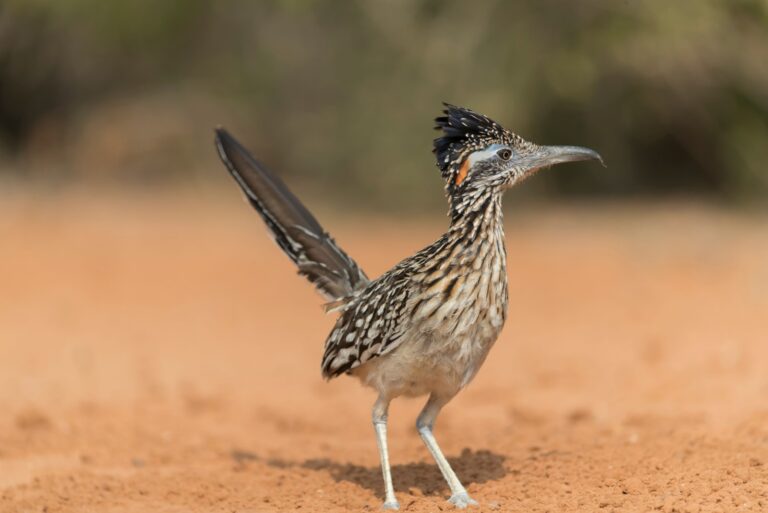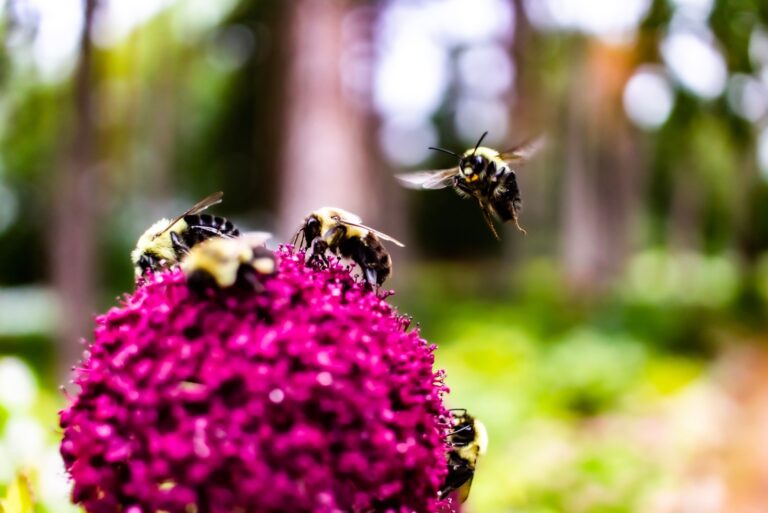7 Things Virginia Homeowners Must Know Before Removing Possums From Their Yards
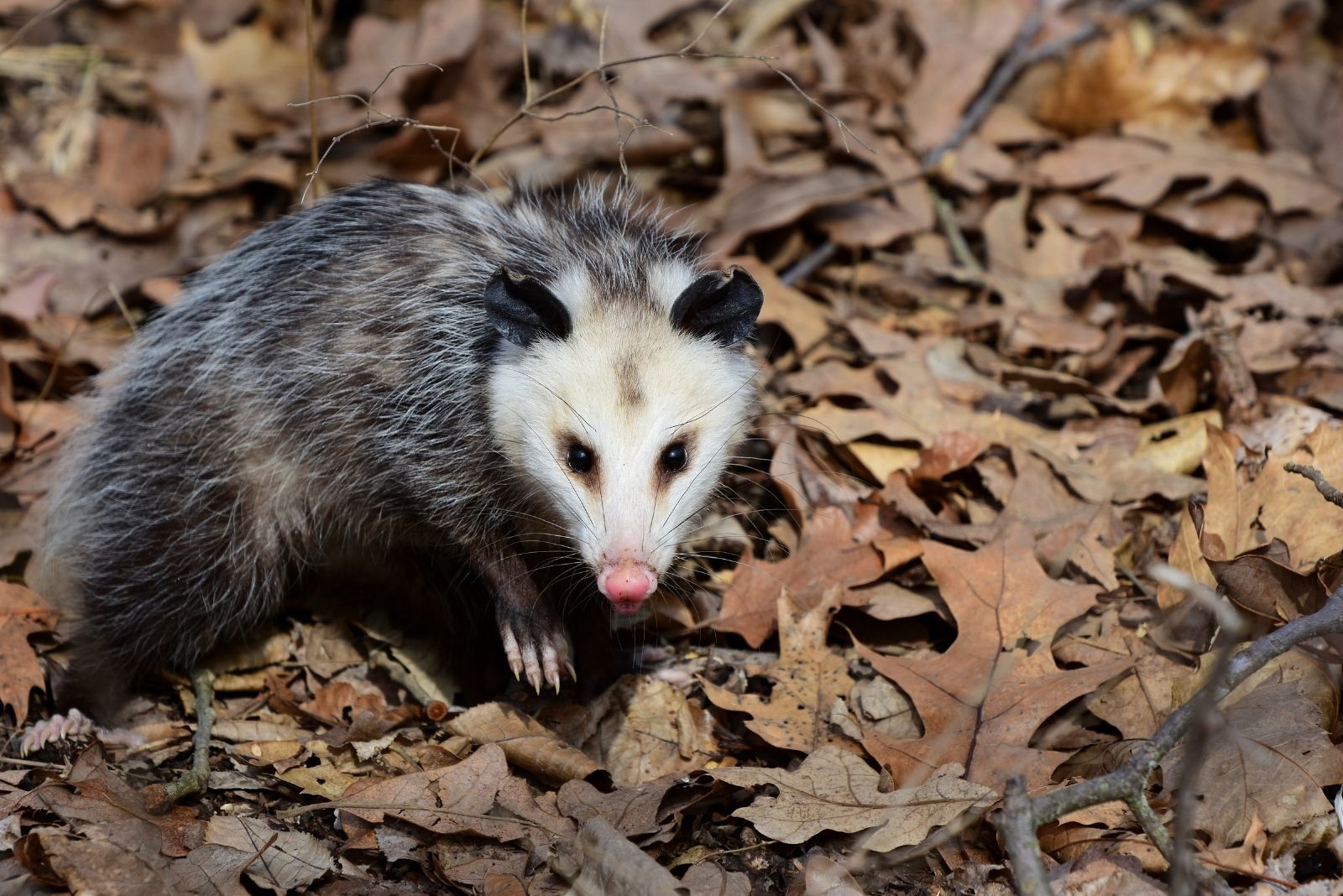
Finding a possum in your Virginia yard can be quite startling! These nocturnal marsupials often wander into our properties looking for food and shelter, especially in suburban areas where forests meet neighborhoods.
While they might look intimidating with their pointy teeth and rat-like tails, possums actually provide several benefits to your garden ecosystem. As a Virginia homeowner who’s dealt with possum visitors for years, I’ve learned there’s more to these creatures than meets the eye.
Before you rush to remove that possum from your property, here are seven essential things you need to know – both for your safety and for the well-being of these misunderstood animals.
1. Possums Actually Help Your Garden
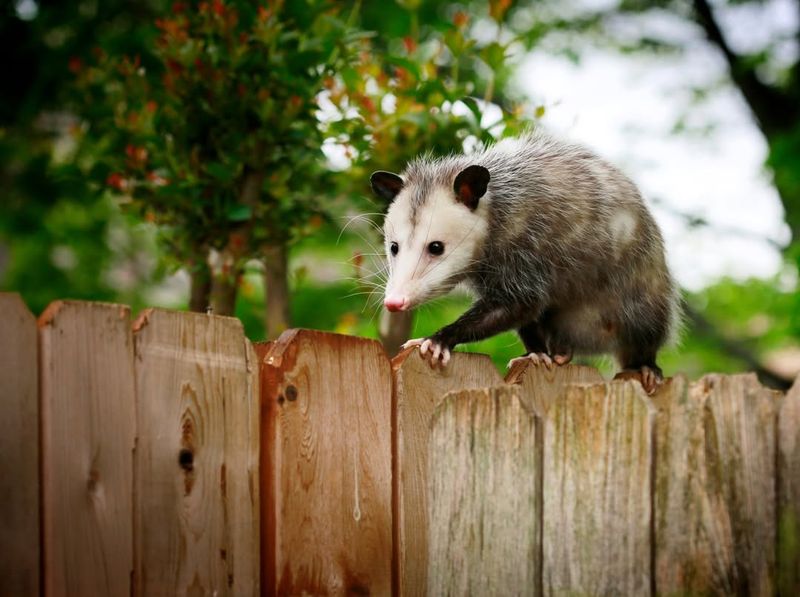
Contrary to popular belief, possums are nature’s pest control specialists. They consume thousands of ticks annually, helping reduce Lyme disease in Virginia neighborhoods. They also eat slugs, beetles, and even small rodents.
Virginia gardeners often don’t realize these creatures are cleaning up fallen fruit and eating harmful insects. Their presence can actually reduce your need for chemical pesticides.
Last summer, I noticed fewer garden pests after allowing a possum to occasionally visit at night. The critter kept to itself, left my vegetables alone, and significantly reduced the slug population that had been destroying my hostas!
2. Virginia Has Specific Wildlife Protection Laws
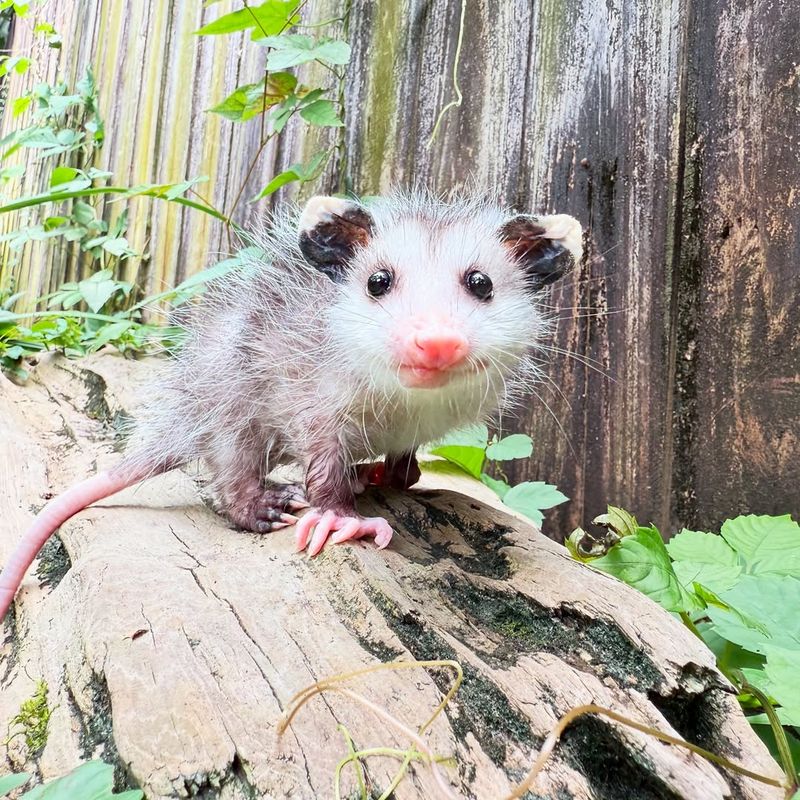
Virginia law classifies opossums as protected wildlife, making it illegal to trap and relocate them without proper permits. The Department of Wildlife Resources has strict regulations about handling native wildlife species.
Homeowners can face fines for improper wildlife removal. Many don’t realize that capturing and releasing possums elsewhere is not only potentially harmful to the animal but might also violate state regulations.
When my neighbor tried relocating a family of possums from his shed, he was surprised to learn he needed authorization. I recommended calling the Virginia Wildlife Conflict Helpline instead, which provided legal solutions that respected both property rights and animal welfare.
3. Possums Rarely Carry Rabies
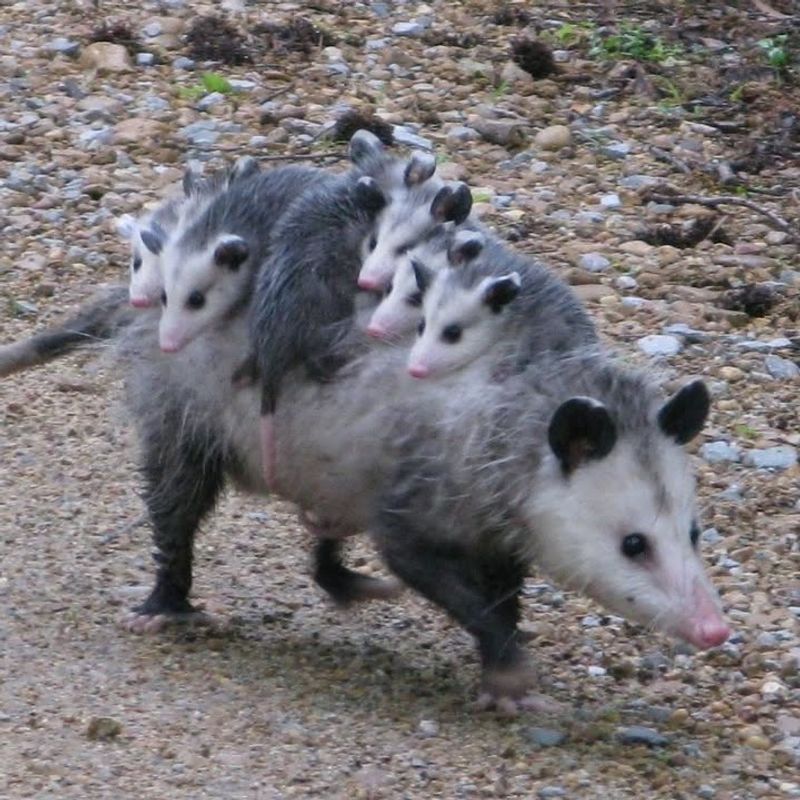
Many Virginia homeowners fear possums carry rabies, but their low body temperature makes them highly resistant to the virus. Possums are actually much less likely to have rabies than other mammals you might encounter.
Their defensive behaviors—like showing teeth, drooling, or playing dead—often get mistaken for rabies symptoms. These are normal possum responses to feeling threatened.
My family once panicked when we found a possum seemingly sick in our yard. The wildlife expert who came explained it was just “playing possum”—a natural defense mechanism. Within an hour, it recovered and ambled away, completely healthy!
4. Effective Humane Deterrents Work Best
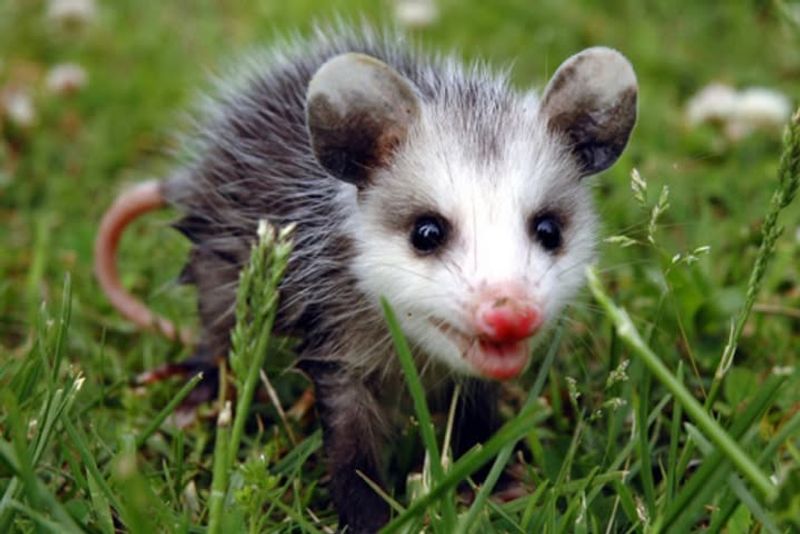
Motion-activated sprinklers and lights effectively discourage possums without harming them. These humane solutions work particularly well in Virginia yards where possums enter from wooded areas.
Strong scents like ammonia-soaked rags near entry points or garlic spray around gardens naturally repel these sensitive-nosed creatures. Remember to reapply after Virginia’s frequent summer rainstorms.
I struggled with possums under my deck until trying coyote urine granules around the perimeter. The natural predator scent worked immediately! My Virginia gardening club friends have had similar success with peppermint oil sprays along fence lines.
5. Eliminate Attractants From Your Yard
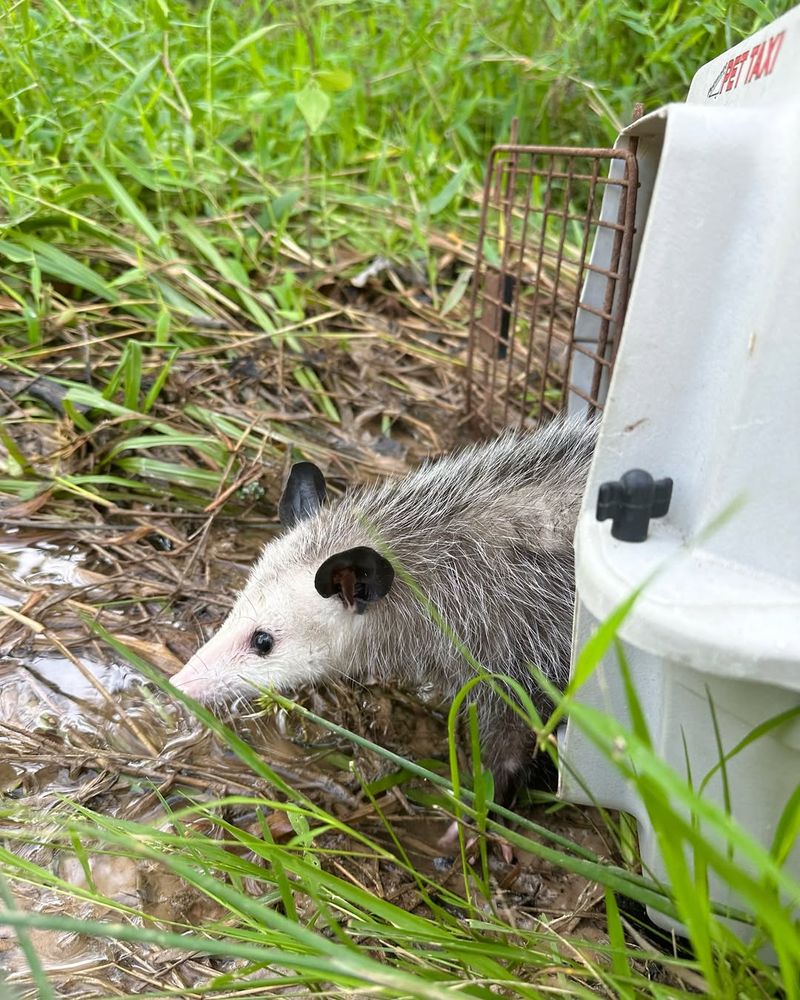
Pet food left outdoors is practically a dinner invitation for hungry possums. Virginia’s mild seasons mean outdoor feeding can attract wildlife year-round, especially in spring when possums are raising young.
Secure trash cans with bungee cords or weights to prevent nighttime rummaging. Fallen fruit from Virginia’s apple and cherry trees should be promptly collected to avoid attracting foraging possums.
My possum problems disappeared after I installed a locking compost bin. Previously, I’d spot them regularly visiting my open compost pile after dark. Such a simple change made all the difference in keeping them from considering my yard their personal buffet!
6. Timing Matters For Removal
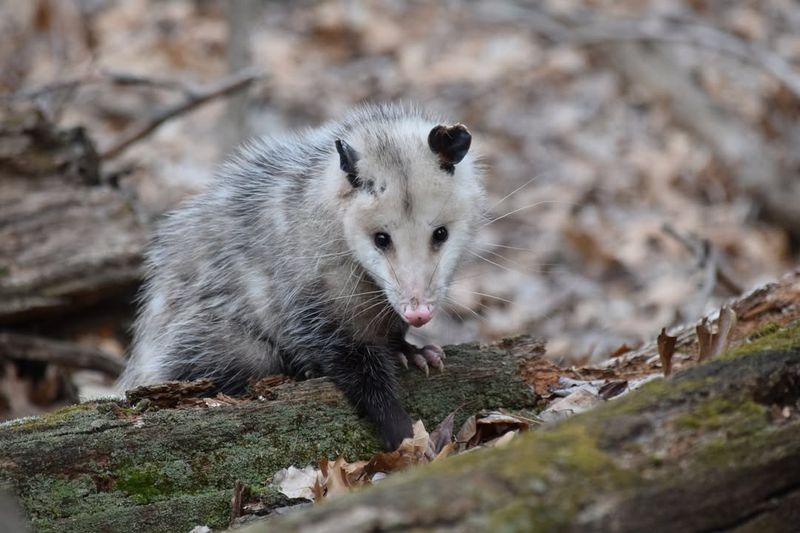
Female possums carry babies in pouches from February through June in Virginia. Removing a mother during this time likely orphans her young, who cannot survive without her care.
Late fall is generally the safest time for exclusion methods if absolutely necessary. By then, young possums have typically left their mothers and can survive independently in Virginia’s ecosystem.
I once waited patiently through spring when a possum family nested near my garden shed. By watching from a distance, I witnessed the babies grow and eventually leave naturally by late summer—far better than forcing them out during their vulnerable stage.
7. When To Call Wildlife Professionals
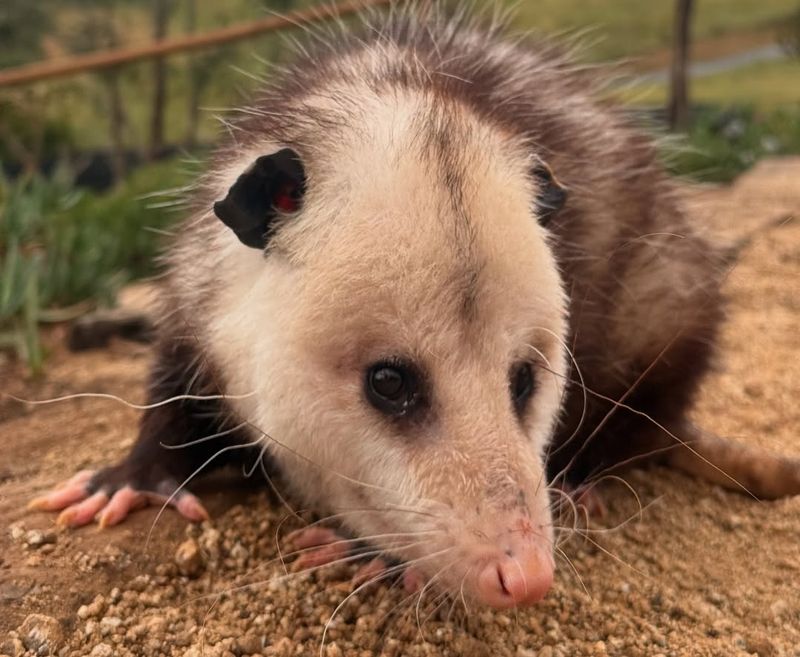
Professional wildlife removal becomes necessary when possums repeatedly enter living spaces or show unusual aggression. Licensed Virginia wildlife specialists understand local species and regulations better than general pest control companies.
Expect to pay $150-300 for humane removal services in Virginia. Reputable companies will identify and seal entry points, not just remove the animal.
After finding a possum had taken up residence in my attic last winter, I called a local Virginia wildlife service. They installed one-way doors that allowed the possum to exit but not return, then sealed all potential entry points—worth every penny for the peace of mind!

